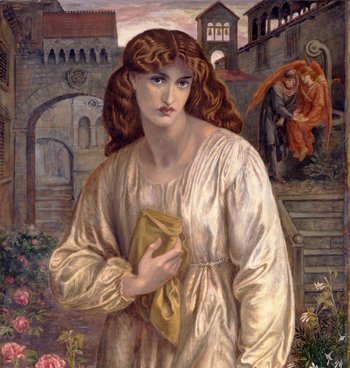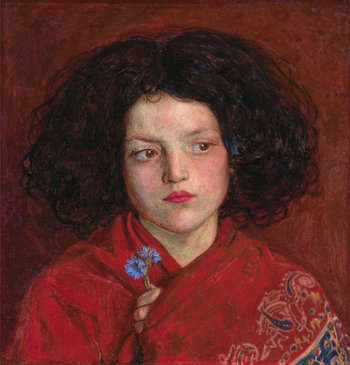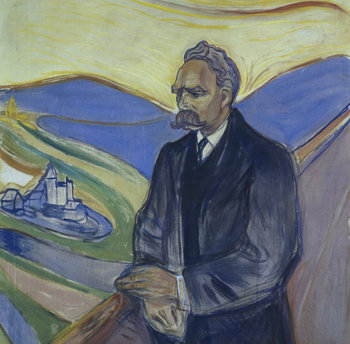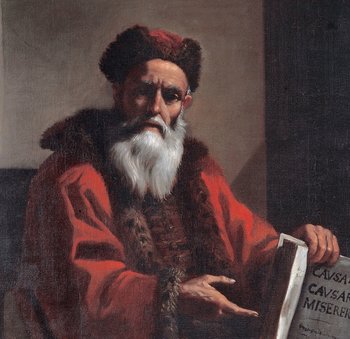
| Lack | Excess | |
| Bravery | Cowardice | Rashness |
| Self-restraint | Indulgence | Stuffiness |
| Generosity | Greed, Stinginess | Extravagance |
| Kindness | Cruelty | Spoiling, Abetting |
| Self-confidence | Timidity | Conceit |
| Ambitious | Apathy, Inactive, Indecisive | Ostentatious, Ruthlessness |
| Good Temper | Moody or Short-tempered | Unaffected, Emotionless |
| Truthfulness | Deceit, False Modesty, Boastfulness | Indiscreet, Imprudent |
| Wittiness | Stupidity, Humorlessness | Derisive, Scathing, Clownish |
| Friendliness | Unfriendliness, Unsociable | Bothersome, Obnoxious, Intrusive |
| Humility & Modesty | Spineless, Passive, Detached | Shameless, Vain |
| Goodness | Cruel, Corrupt, Immoral | Prudishness, Smugness, Pompousness, Rigid, Bland |
| Adventurous | Dull | Reckless |
| Cheerfulness | Dreary, Tedious | Exuberance |
| Curious | Uninspired, Aloof | Nosy |
| Dutiful | Disrespectful, Contemptuous | Docile, Servile |
| Trusting | Cynical | Naive |
| Resilient | Fragile, Delicate, Difficult | Stubborn, Obstinate |
| Gratitude | Ungrateful, Self-entitled | Complacency |
| Loyalty | Disloyalty | Conformity |
| Fair | Unfair | Judgmental, Antagonistic, Self-righteousness |
| Orderliness | Disorganized | Perfectionism |
| Passionate | Indifferent | Fanatical, Obsessed |
| Patience | Impatient | Acquiescent |
| Polite | Tactless, Crude | Artificial, Insincere |
| Imaginative | Unimaginative, Unoriginal | Unrealistic |
| Harmonious | Hostile, Confrontational | Sycophantic, Mediocre |
Notes
It can be argued that some virtues, such as goodness, can't be done in excess. The question of what is a virtue and what behavior may be lacking or excessive relates to each individual's sense of morals and purpose. This is also defined by religions, cultures and societies. As such, the list above is only illustrative and not authoritative. Aristotle views the purpose of life as achieving happiness. Here he makes a strong distinction between contentment and happiness where contentment is an animal state of being feed, safe and entertained. Happiness is being all that you can be as a human which goes far beyond being fed and comfortable.| Overview: Virtue | ||
Type | ||
Definition | A behavior or character trait that is consistent with the morals of an individual, philosophy, culture, religion or society. | |
Related Concepts | ||



































